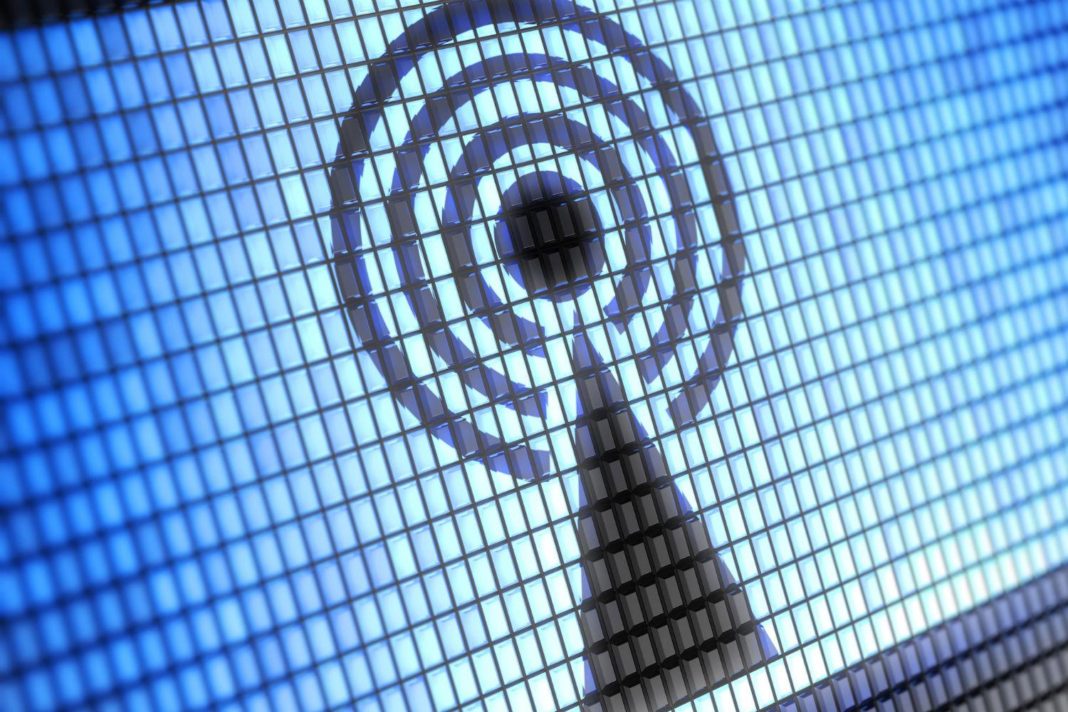Researchers at Massachusetts Institute of Technology (MIT) have been hard at work and have discovered a way that could dramatically improve Wi-Fi capability as we know it. The new system, called the MegaMIMO 2.0 (Multiple-input and multiple-output) varies the frequency range of Wi-Fi signals within the required spectrum. It’s essentially a type of network-boosting technology that could potentially triple the speed of Wi-Fi and double its range.
As the population increases and technology becomes more advanced, the demand for mobile data is soaring and introducing a more efficient technology into the market could solve many issues that network operators currently suffer from. The amount of data traffic in North America alone is expected to increase annually by 42% between 2015 and 2020. In terms of actual terabytes, this equates to a rise from 557,237 per month to over 3 million per month, and that is a figure that wireless carriers are struggling to cope with.
Some of this pressure can be lifted for mobile carriers by offloading to small cells networks or Wi-Fi. Mobile data offload is expected to rise dramatically by 2020 to around 55% of total mobile data traffic. According to Cisco, this is a rise of over 50% from 2015 figures. Another significant growth is expected to come specifically from data offload from smartphone mobile traffic to Wi-Fi networks will account for around 56%, and for mobile tablet traffic this figure will rise to an even higher 71% by 2020.
More News To Read











